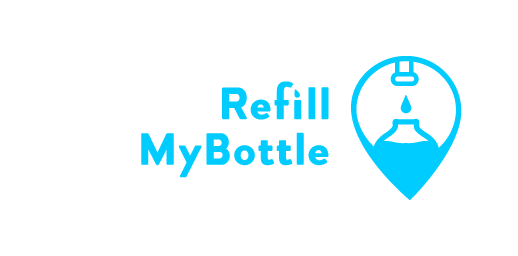S
afe water scarcity is a real problem facing our world right now. Sourcing it and sustaining it for everyday use is becoming a challenge the world over. The situation is so severe that the United Nations, in a report titled Livestock’s Long Shadow, said that by the year 2050, almost two-thirds of the world will lack clean water even for basic usage.Why You Should Switch to a Plant-Based Diet to Help Secure Water Sustainability
Since early childhood, you are told to save water at your homes since water is a precious resource – turning off the faucet while brushing your teeth, refrain from taking long showers, etc. While adhering to these definitely helps the cause, there’s another way you can directly contribute to saving the earth’s water – eating the right food.
Meat production takes a lot of water
Production of non-vegetarian food takes a lot of water consumption. For example, producing 1 kilogram of beef in the U.S. requires 12,000-13,000 litres of water. That’s like having used up all the water from a small swimming pool for your favourite steak. Not just beef, poultry and pork too contribute majorly to the earth’s water scarcity crisis. Where 1 kg of pork takes up to 3900 litres of water, for the same amount of chicken it will take up to 2400 litres of water.
Vegetarian food production takes less water
On the other hand, the contents of a vegetarian diet like grains, legumes, fruits and vegetables take a lot less water for produce. Production of 1 kg of corn takes about 500 litres of water. For 1 kg of wheat it takes up to 850 litres of water and 1 kg of rice takes about 1600 litres of water. Compared to the numbers of meat production, veg produce saves a lot more water and helps sustain the earth’s water levels better.
Your food intake goes a long way in deciding the kind of health you are to have in the coming years. Your diet, coupled with an active lifestyle and health supplements like PhenQ can help you work towards achieving the goal of fine health for yourself and your family. Here is Total Shape’s review on PhenQ that will help you decode the benefits of the dietary supplement.
Water is used in production of all food and beverage items, no matter how small a quantity they may be. If we look at specific food items, for a 200-ml glass milk, 200 litres of water is required. A slice of bread weighing only 30 gram takes 40 litres of water. Add a 10 gram slice of cheese to it, the water consumption increases to 90 litres. A bag of potato chips (200 gram) requires 185 litres of water and a single egg (40 gram) requires 135 litres of water. It goes real high when it comes to your 150 gram hamburger beef patty – a whopping 2400 litres of water.
(All values above are taken from Water Footprints of Nations Volume One: Main Report. Value of Water Research Report Series No.16. By scholars Arjen Hoekstra and Ashok Chapagain (2004).)
Animal Farming Contributes to Water Pollution
Animal agriculture or rearing of animals for food is one of the major contributors to contaminating water outlets all over the world. Animal farming entails an enormous amount of water to grow crops, grain and soya, which are food for the farmed animals. Animal farming causes large-scale water pollution through the animal faeces that finds its way into streams, rivers, and oceans, and can spread harmful diseases to animals and humans. The contamination of water that happens as a by-product of freshwater fish rearing in Europe results in the production of greenhouse gas methane which contributes to global warming.
Another issue with animal farming is the land used and a lot of it. In the U.S. a typical acre of land for rearing cattle produces 250 pounds (or 113 kg) of beef. Now that same piece of land can be used to grow exponentially higher quantities of potatoes and tomatoes with a lot lesser amount of water as a requirement.
Why You Should Switch to a Plant-Based Diet and Help Save Earth’s Water (Source: Unsplash)
The Call to Switch to Plant-Based Diet
Our water footprint can directly reduce by 50 percent if you shun meat from your diet. By moving to a plant-based or vegan diet, you won’t only contribute to sustaining the water levels of the planet, you will also help in the fight against global warming and climate change by curbing water and land pollution caused by animal farming. A vegan diet will not just help you get fit, it will also stop millions of animals from suffering at the hands of the farms. Your decision now can help earth sustain its water resources and it can all start from altering your food habit.
